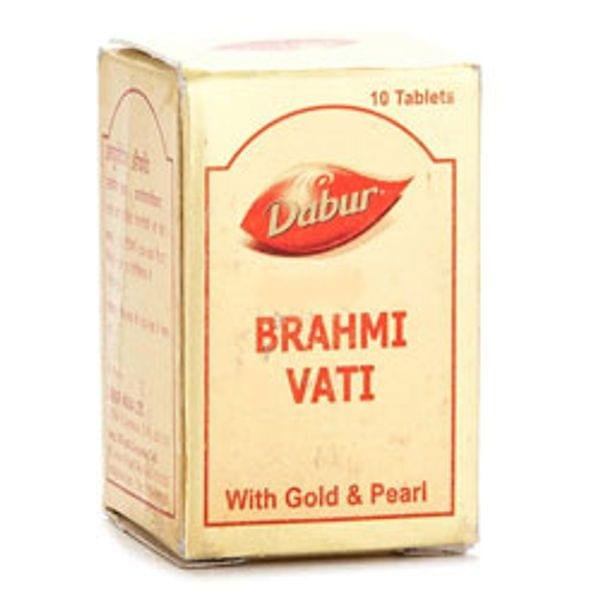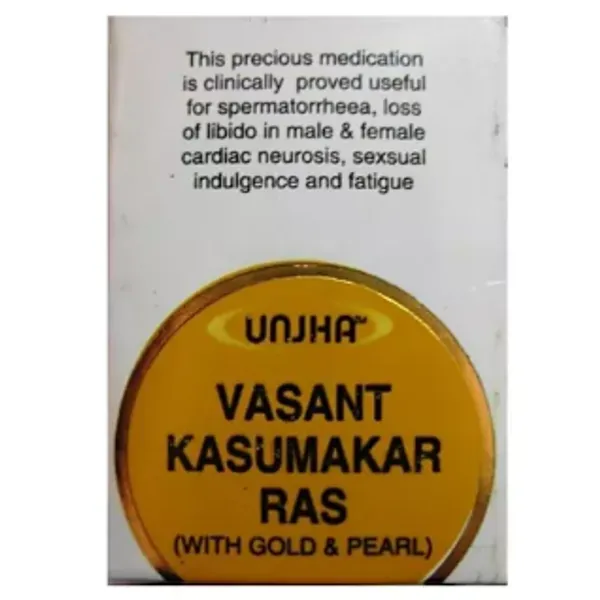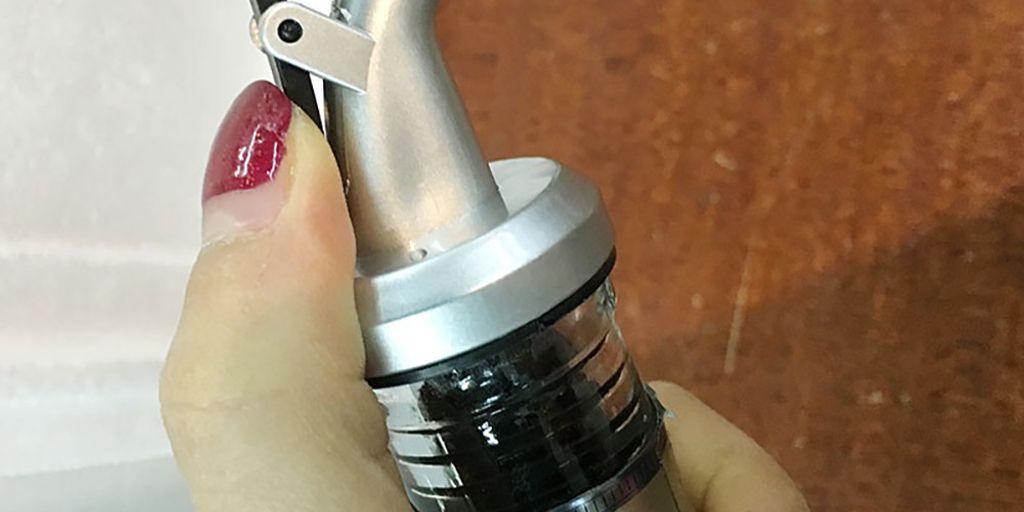Ayurveda, an ancient system of medicine, offers a holistic approach to managing diabetes through the use of natural herbs and lifestyle practices. By understanding the principles of Ayurveda and its perspective on diabetes, individuals can explore the benefits of incorporating Ayurvedic remedies into their daily routine. This article delves into the best Ayurvedic herbs for managing diabetes and provides insights into lifestyle practices that can support diabetic individuals in their journey towards better health and well-being.
Key Takeaways
- Understanding Ayurveda’s holistic approach to diabetes management
- Exploring the benefits of Bitter Melon, Gymnema Sylvestre, and Fenugreek in managing diabetes
- Incorporating dietary recommendations, yoga, and stress management for diabetes management
- Highlighting the importance of consulting an Ayurvedic practitioner for personalized guidance
- Empowering diabetics with natural solutions for managing sugar levels
Understanding Ayurveda and Diabetes
Principles of Ayurveda
Ayurveda, the ancient Indian system of medicine, is based on the principles of balance and harmony. It emphasizes the holistic approach to health, focusing on the interconnectedness of the mind, body, and spirit. According to Ayurveda, the body is composed of three doshas – Vata, Pitta, and Kapha, and an imbalance in these doshas can lead to various health issues, including diabetes. The table below illustrates the three doshas and their characteristics.
| Dosha | Characteristics |
|---|---|
| Vata | Creative, energetic, and lively |
| Pitta | Ambitious, passionate, and intense |
| Kapha | Nurturing, supportive, and stable |
Ayurvedic principles emphasize the importance of diet, lifestyle, and herbal remedies in maintaining health and preventing diseases. It is believed that a balanced diet, regular exercise, and the use of specific herbs can help manage and prevent diabetes. The holistic approach of Ayurveda aims to restore harmony within the body and promote overall well-being.
Role of Herbs in Managing Diabetes
In Ayurveda, herbs play a crucial role in managing diabetes by balancing the body’s doshas and promoting healthy blood sugar levels. Bitter Melon (Karela), Gymnema Sylvestre (Gurmar), and Fenugreek (Methi) are some of the most effective herbs for diabetes management. These herbs have been shown to improve insulin sensitivity, reduce blood sugar levels, and support overall metabolic health.
| Herb | Benefits |
|---|---|
| Bitter Melon | Regulates blood sugar levels and improves digestion |
| Gymnema Sylvestre | Reduces sugar cravings and supports insulin |
| Fenugreek | Improves glucose tolerance and aids digestion |
Furthermore, Ayurvedic lifestyle practices such as dietary recommendations, yoga and exercise, and stress management are essential for holistic diabetes management. Ayurveda emphasizes the individualized approach to diabetes care, focusing on the unique needs of each person. As such, consulting an Ayurvedic practitioner is of utmost importance for personalized and effective treatment.
Best Ayurvedic Herbs for Managing Diabetes
Bitter Melon (Karela)
Bitter Melon, also known as Karela, is a popular Ayurvedic herb for managing diabetes. It is rich in nutrients and has been traditionally used to help regulate blood sugar levels. The active compounds in Bitter Melon have shown anti-diabetic properties, making it an effective natural remedy. Here is a table highlighting the nutritional content of Bitter Melon:
| Nutrient | Amount per 100g |
|---|---|
| Fiber | 2.8g |
| Vitamin C | 84mg |
| Potassium | 296mg |
Consuming Bitter Melon as part of a balanced diet can contribute to better blood sugar management.
Ayurvedic practitioners recommend incorporating Bitter Melon into the diet for its beneficial effects on diabetes.
Gymnema Sylvestre (Gurmar)
Gymnema Sylvestre, also known as Gurmar, is one of the best Ayurvedic herbs for managing diabetes. It is known for its ability to reduce sugar cravings and support blood sugar regulation. This herb contains compounds that help in regenerating pancreatic cells and enhancing insulin production. Additionally, Gymnema Sylvestre has been traditionally used to support weight management in diabetics. Below is a table highlighting the key benefits of Gymnema Sylvestre:
| Benefit | Description |
|---|---|
| Sugar Regulation | Supports healthy blood sugar levels and reduces sugar absorption in the intestines. |
| Pancreatic Support | Aids in regenerating pancreatic cells and enhancing insulin secretion. |
| Weight Management | Assists in managing weight by curbing sugar cravings and promoting healthy eating habits. |
Finally, it is important to note that Gymnema Sylvestre should be used under the guidance of a qualified Ayurvedic practitioner for optimal results.
Fenugreek (Methi)
Fenugreek, also known as Methi, is a powerful herb that has been used in Ayurveda for managing diabetes. It contains soluble fiber which helps in slowing down the absorption of sugar in the stomach. Additionally, it is rich in galactomannan, a natural soluble fiber that helps lower blood sugar levels. Incorporating fenugreek seeds into the diet can have beneficial effects on managing diabetes. Here’s a simple table outlining the nutritional content of fenugreek seeds:
| Nutrient | Amount per 100g |
|---|---|
| Protein | 23g |
| Fiber | 25g |
| Carbohydrates | 58g |
| Fat | 6g |
Moreover, Ayurvedic practitioners recommend combining fenugreek seeds with cinnamon and turmeric for enhanced benefits. This herb is truly a valuable addition to the arsenal of natural remedies for diabetes.
Ayurvedic Lifestyle Practices for Diabetics
Dietary Recommendations
*When managing diabetes with Ayurveda, dietary recommendations play a crucial role in maintaining balanced sugar levels. It is important to focus on a diet that is low in sugar and high in fiber. Incorporating foods such as bitter melon, fenugreek, and Gymnema Sylvestre can be beneficial. Additionally, a balanced diet should include a variety of whole grains, vegetables, and lean proteins. Here is an example of a balanced Ayurvedic diet for diabetics:
| Meal | Foods |
|---|---|
| Breakfast | Oatmeal with cinnamon and nuts |
| Lunch | Quinoa salad with mixed vegetables |
| Dinner | Lentil soup with leafy greens |
It is important to consult an Ayurvedic practitioner for personalized dietary recommendations.
Yoga and Exercise
In Ayurveda, Yoga and Exercise are essential for managing diabetes. Regular physical activity and mindful movement help improve insulin sensitivity and promote overall well-being. Additionally, incorporating yoga postures, such as Surya Namaskar and Padmasana, can aid in regulating blood sugar levels. It is important to consult an Ayurvedic practitioner to personalize an exercise routine that suits individual needs.
Ayurvedic practices emphasize the holistic approach to health, focusing on the mind-body connection and the natural balance of bodily functions.
| Yoga Postures | Benefits |
|---|---|
| Surya Namaskar | Increases insulin sensitivity |
| Padmasana | Regulates blood sugar levels |
Stress Management and Meditation
Stress Management and Meditation
Stress management is a crucial aspect of diabetes management. Meditation and deep breathing exercises can help reduce stress levels and promote a sense of calm. It is important for diabetics to prioritize their mental well-being along with their physical health. Here is a simple table outlining the benefits of stress management and meditation:
| Benefits of Stress Management and Meditation |
|---|
| Reduces cortisol levels |
| Promotes relaxation and inner peace |
| Improves insulin sensitivity |
| Enhances overall well-being |
In addition to these practices, it is important for diabetics to adopt a balanced diet, engage in regular physical activity, and seek guidance from an Ayurvedic practitioner for holistic diabetes management.
Conclusion
Benefits of Ayurvedic Approach to Diabetes Management
The Ayurvedic approach to diabetes management offers natural and holistic solutions that focus on addressing the root cause of the condition. By incorporating Ayurvedic herbs, dietary recommendations, and lifestyle practices, individuals can experience improved blood sugar levels and overall well-being. Consulting an Ayurvedic practitioner can provide personalized guidance and support. It’s important to empower diabetics with natural solutions that promote long-term health and vitality.
| Benefits of Ayurvedic Approach |
|---|
| – Natural and holistic solutions |
| – Improved blood sugar levels |
| – Personalized guidance and support |
| – Empowerment for long-term health and vitality |
Importance of Consulting an Ayurvedic Practitioner
Consulting an Ayurvedic practitioner is crucial for personalized treatment and holistic management of diabetes. A qualified practitioner can provide tailored herbal remedies and lifestyle recommendations based on individual dosha imbalances. Additionally, they can offer guidance on dietary modifications, yoga practices, and stress-reducing techniques that complement the treatment. It’s essential to seek professional advice to ensure safe and effective utilization of Ayurvedic principles for diabetes management.
| Benefits of Consulting an Ayurvedic Practitioner |
|---|
| – Personalized treatment and holistic management |
| – Tailored herbal remedies and lifestyle recommendations |
| – Guidance on dietary modifications, yoga practices, and stress-reducing techniques |
Empowering Diabetics with Natural Solutions
Empowering Diabetics with Natural Solutions is essential for holistic diabetes management. By incorporating Ayurvedic herbs and lifestyle practices, individuals can take control of their health and well-being. This approach emphasizes the importance of personalized dietary recommendations, regular yoga and exercise, and effective stress management techniques. It encourages a shift towards natural remedies and holistic healing, providing individuals with the tools they need to manage diabetes effectively.
| Natural Solutions | Benefits |
|---|---|
| Ayurvedic Herbs | Manage sugar levels and support overall health |
| Lifestyle Practices | Promote well-being and reduce diabetes-related complications |
Frequently Asked Questions
What is Ayurveda and how does it relate to diabetes management?
Ayurveda is an ancient holistic system of medicine that focuses on maintaining balance and harmony within the body. It offers natural approaches to managing diabetes through dietary and lifestyle practices, as well as the use of specific herbs and remedies.
Are Ayurvedic herbs safe for diabetics?
When used under the guidance of a qualified Ayurvedic practitioner, many Ayurvedic herbs are considered safe and effective for managing diabetes. However, it is important to consult with a healthcare professional before incorporating any new herbs into your diabetes management plan.
What are the dietary recommendations in Ayurveda for diabetics?
Ayurvedic dietary recommendations for diabetics emphasize whole, unprocessed foods, and the avoidance of refined sugars and processed foods. It also emphasizes the importance of balancing the six tastes (sweet, sour, salty, pungent, bitter, and astringent) in each meal.
Can yoga and exercise help in managing diabetes according to Ayurveda?
Yes, Ayurveda emphasizes the importance of regular physical activity, including yoga and other forms of exercise, for managing diabetes. Physical activity helps improve circulation, metabolism, and overall well-being, which can contribute to better diabetes management.
How can Ayurvedic practices help in managing stress for diabetics?
Ayurvedic practices for managing stress include meditation, deep breathing exercises, and the use of adaptogenic herbs. These practices help reduce stress hormones, promote relaxation, and support the body’s natural ability to cope with stress, which can be beneficial for diabetics.
Is it necessary to consult an Ayurvedic practitioner for managing diabetes with Ayurvedic medicine?
While it is not mandatory, consulting an Ayurvedic practitioner can provide personalized guidance and recommendations based on individual health needs. A qualified practitioner can help create a holistic diabetes management plan that integrates Ayurvedic principles, herbs, dietary changes, and lifestyle practices.











